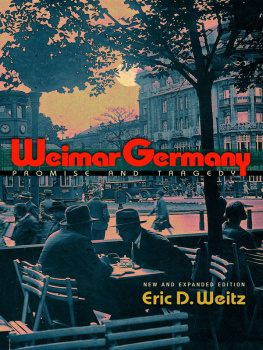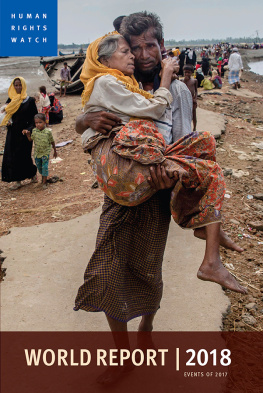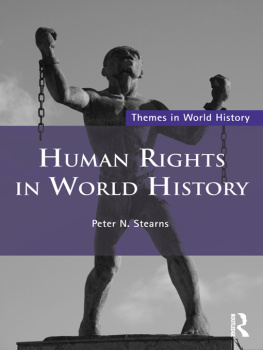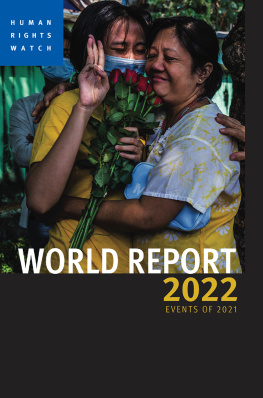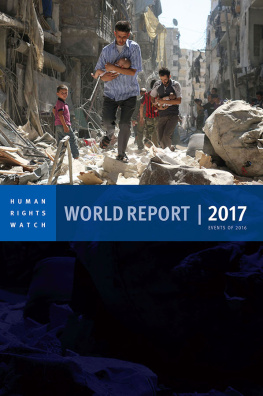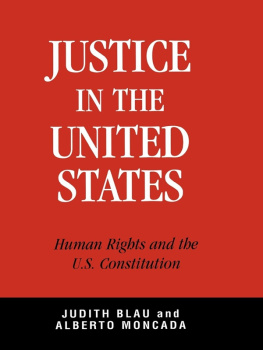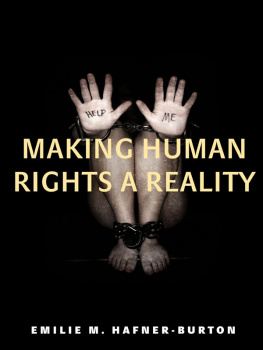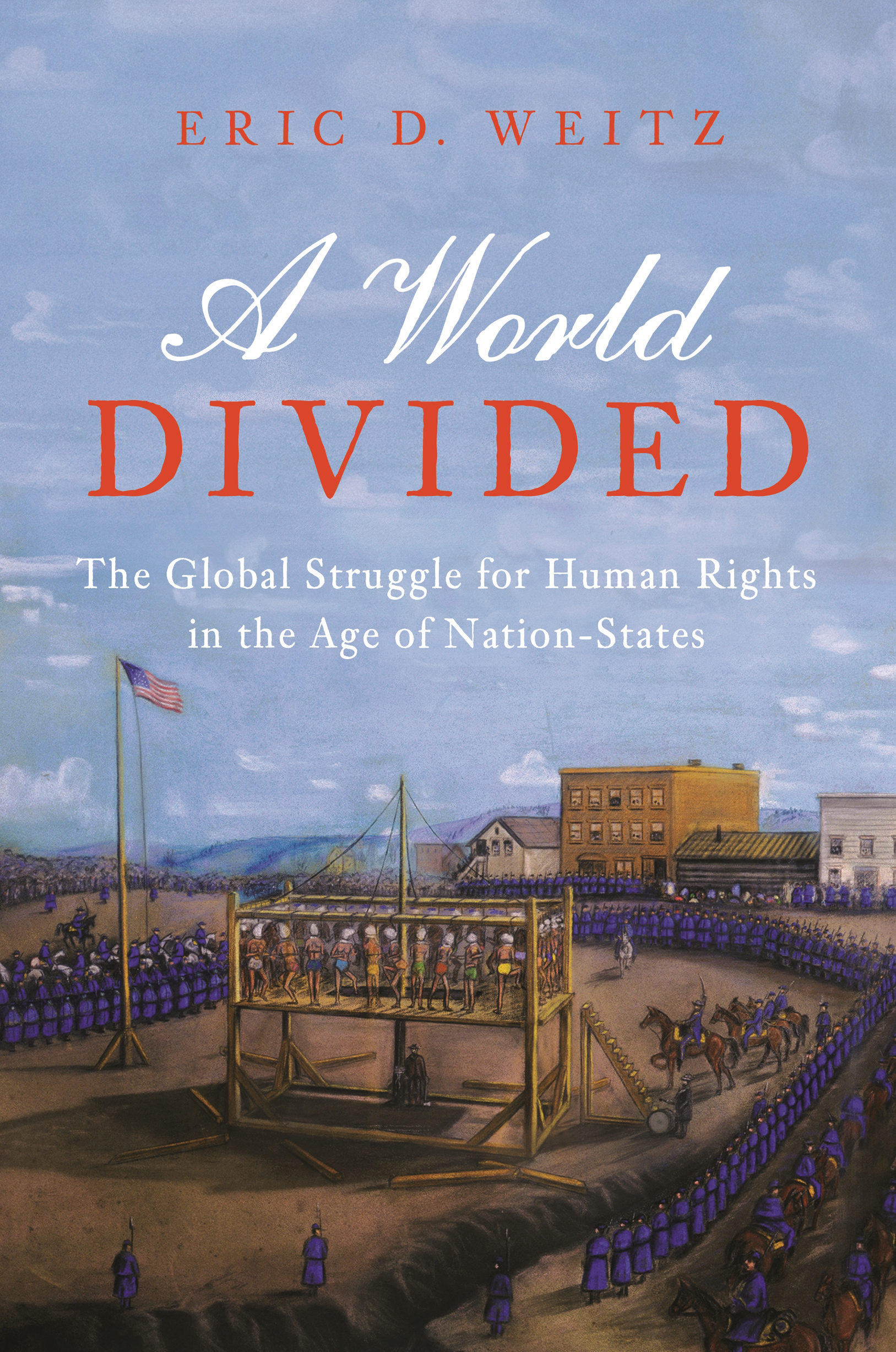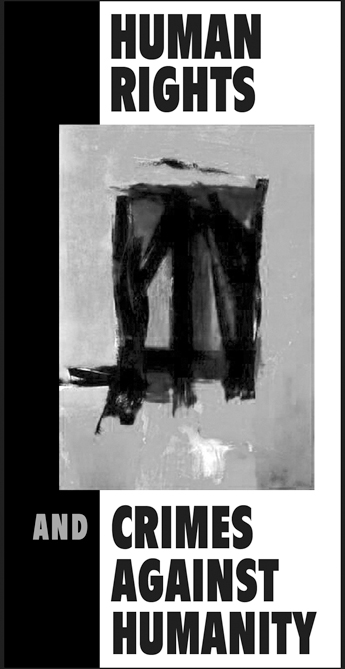ACKNOWLEDGMENTS
IT IS with great pleasure that I can finally acknowledge the many individuals and institutions that helped me formulate, research, and write A World Divided. First and foremost is Brigitta van Rheinberg, editor extraordinaire. This book, like my previous two, arose in conversation with her, both in its conceptual phase and in the many subsequent years of research and writing. Brigitta read the entire manuscript three times, individual chapters a number of additional times. Her superb, incisive commentaries have contributed greatly to whatever qualities the book has. She also ensured that I always kept the reader in mind. Along the way, Brigitta and I became more than editor and author, and it is to her that A World Divided is dedicated.
In the last stages, Eric Crahan took the manuscript in hand and saw it through to final publication. He also offered incisive commentary on the text and excellent guidance. I am grateful also to my superb production editor, Jenny Wolkowicki, and the entire production staff at Princeton University Press. I thank also Maia Vaswani for her excellent copyediting. Some historians move around to different publishers; I have always been thrilled to publish with PUP. Aside from the individuals mentioned here, the Press in general has always been wonderfully supportiveand efficient.
Since I arrived at the City College of New York in 2012, Rajan Menon has been a great friend. His commitment to intellectual life has made him, for me, a model scholar-teacher. He is a wonderful interlocutor on all things, from politics and history to college business, family life, and single malts. Raj also read the entire manuscript, and individual chapters more than once. His sharp criticism, on substance and style, has also contributed greatly to the final version of the book.
Hanna Schissler and I have been friends for twenty-five years. We have shared many experiences. She probably does not know it, but her comments over the years on articles I published and lectures I presented on the themes of this book helped convince me that I was on to something and should stay the course. She also read the entire manuscript, individual chapters more than once. As always, she too offered superb commentary and insightful criticisms.
Twenty-two friends and colleagues from the United States, Europe, and Australia agreed to read the entire manuscript and discuss it for one intense day at City College in November 2017. When I sent them the text, I thought I was just about done. They convinced me (quickly) that I still had some work to do. I am enormously grateful to all of them. I know the commitment of time and thought it takes to participate in this kind of workshop. So many thanks to Carlo Accetti, Omer Bartov, Jacqueline Bhabha, Sebastian Conrad, Eric Crahan, Bruce Cronin, Sheldon Garon, Fabian Klose, Sandrine Kott, Krishan Kumar, Rajan Menon, Dirk Moses, Samuel Moyn, Mary Nolan, Brigitta van Rheinberg, Hanna Schissler, Kathryn Sikkink, Jack Snyder, Ron Suny, John Torpey, Natasha Wheatley, and Danielle Zach. Michael Gordin and John Hall were unable to attend, but both graciously read the manuscript. Their extensive and insightful comments also pushed me to formulate my ideas as clearly as possible. Renee Philippi and her student staff, Yasmine El Gheur and Sophie Ziner, were indefatigable organizers of the workshop, always backed up by Moe Liu-DAlbero, the superb financial director of the Division of Humanities and Arts at City College.
The manuscript of A World Divided received two other vettings at forums, one at Universit Bocconi in Milan, Italy, and another at the University of Newcastle in Australia. I thank Len Castellanos-Jankiewicz, Andrea Colli, Giunia Gatta, Marco Percoco, and Graziella Romeo in Italy, and Nick Doumanis, Hans-Lukas Kieser, and Roger Marwick in Australia for their very helpful comments and criticisms.
Aside from all of these people, a number of friends and colleagues read specific chapters. I also benefitted greatly from their expertise and critical comments. Many thanks to Taner Akam, Lucien Frary, and Yannis Kotsonis. In the last stages of writing, two anonymous readers for Princeton University Press pushed me to make my arguments as clearly and thoroughly as possible. I thank them as well.
The Human Rights Program at City College has been an excellent venue for me as I was writing A World Divided. There I encountered some of the best thinking on human rights from practitioners and scholars. I thank my co-founders, Rajan Menon, Juan Carlos Mercado, and Jeff Rosen, as well as Alessandra Benedicty and Danielle Zach. When we both served as deans, Jeff was also a wonderful mentor in the ways of City College and the City University of New York, and has since become a great friend. I began A World Divided while a faculty member at the University of Minnesota. My colleagues in History as well as the terrific human rights group in Political Science, Law, and Public Affairs were a great inspiration as I began to develop the arguments in this book.
I learned a huge amount from my participation in the Workshop on Turkish and Armenian Studies, and thank the founders, Fatma Mge Gek, Gerard Libaridian, and Ron Suny. Borderlands: Ethnicity, Identity, and Violence in the Shatter-Zones of Empires, 1848Present was a project founded by Omer Bartov that we then co-directed. The various forums, colloquia, lectures, and conferences that we organized at the Watson Institute at Brown University, the University of Minnesota, and the Herder Institute in Marburg, Germany, also proved immensely stimulating.
Over the years I have received generous financial support from my home institutions as well as numerous foundations and governmental agencies. These endowed chairs, grants, and fellowships have enabled me to travel to widely flung archives and libraries to conduct the research that underlies this book, and to universities and research institutes where I have presented numerous lectures and papers. I thank the Arsham and Charlotte Ohanessian Chair in the College of Liberal Arts and the Distinguished McKnight University Professorship at the University of Minnesota. I thank as well the City College of New York and the Research Foundation of the City University of New York. I am very grateful to the Harry Frank Guggenheim Foundation, the National Endowment for the Humanities, and the Remarque Institute at New York University. The periods I spent as visiting professor at the University of Newcastle in Australia and Stanley Kelley Jr. visiting professor for distinguished teaching at Princeton University, as well as research fellow at the Shelby Collum Davis Center for Historical Studies, also at Princeton, were enormously productive. I thank Jeremy Adelman, Bill Jordan, and Dan Rodgers at Princeton; Phillip Dwyer and Hans-Lukas Kieser at Newcastle; and Giunia Gatta at Bocconi for arranging these vists.


